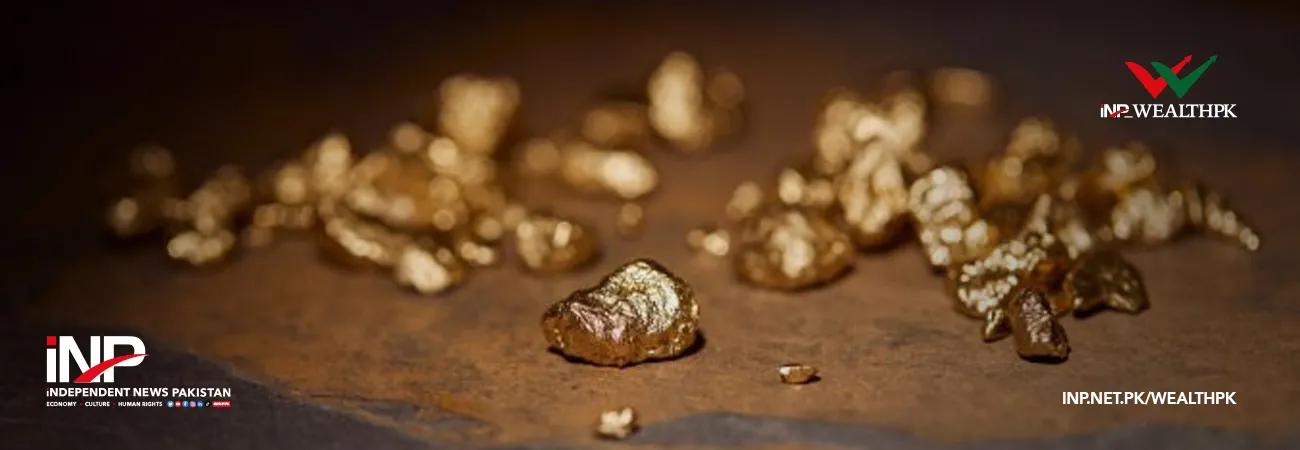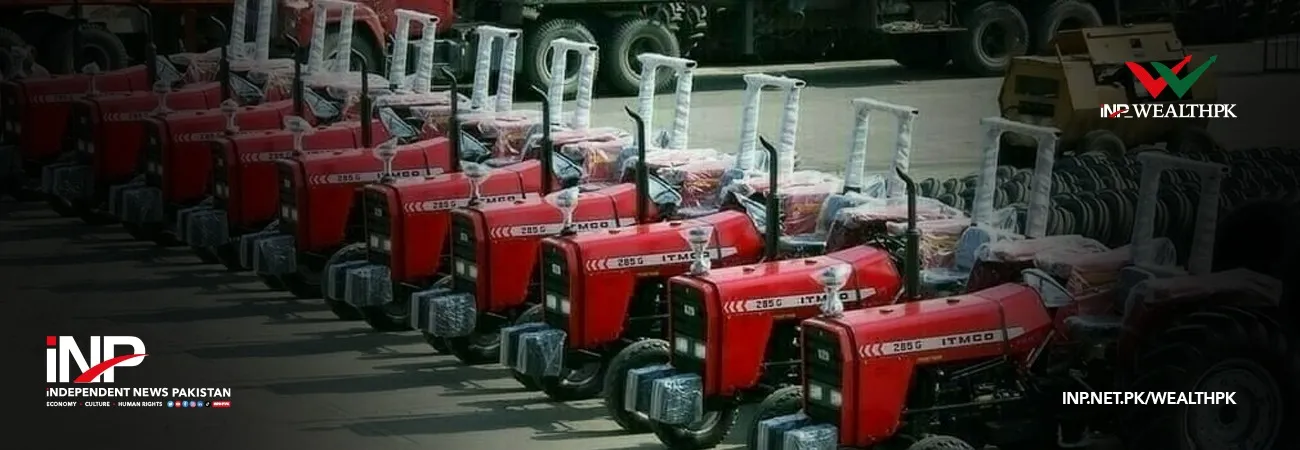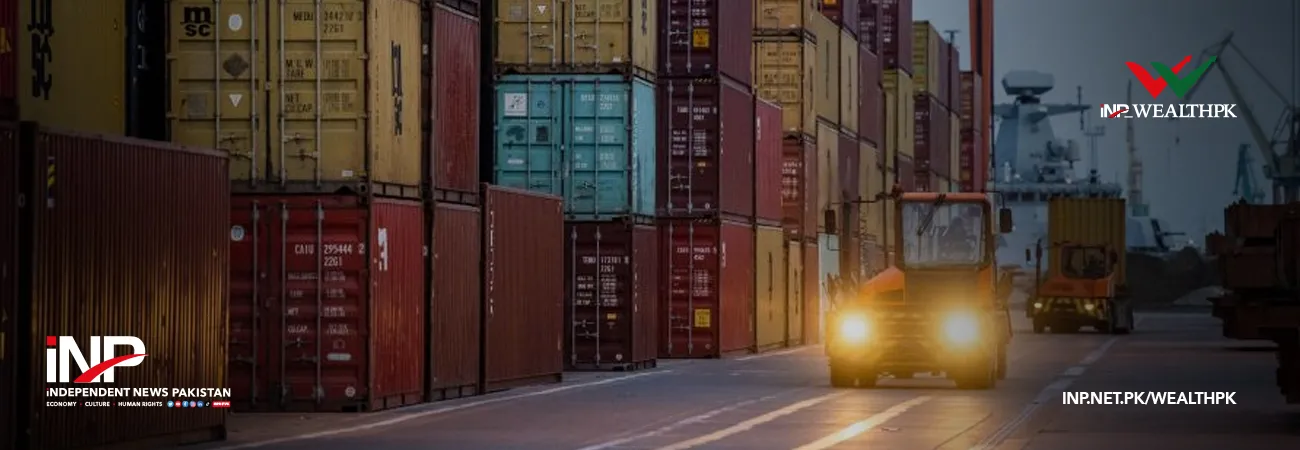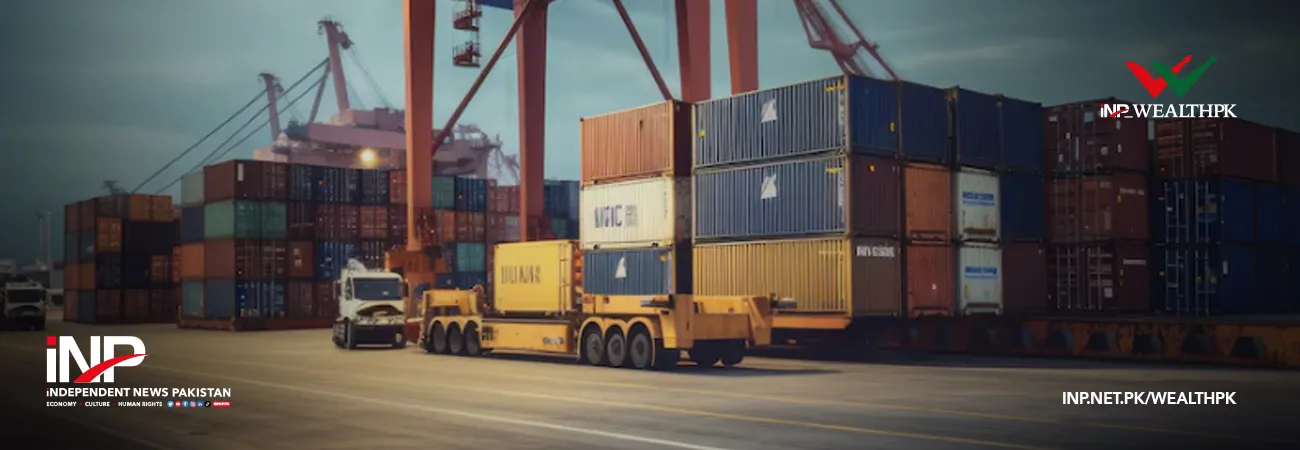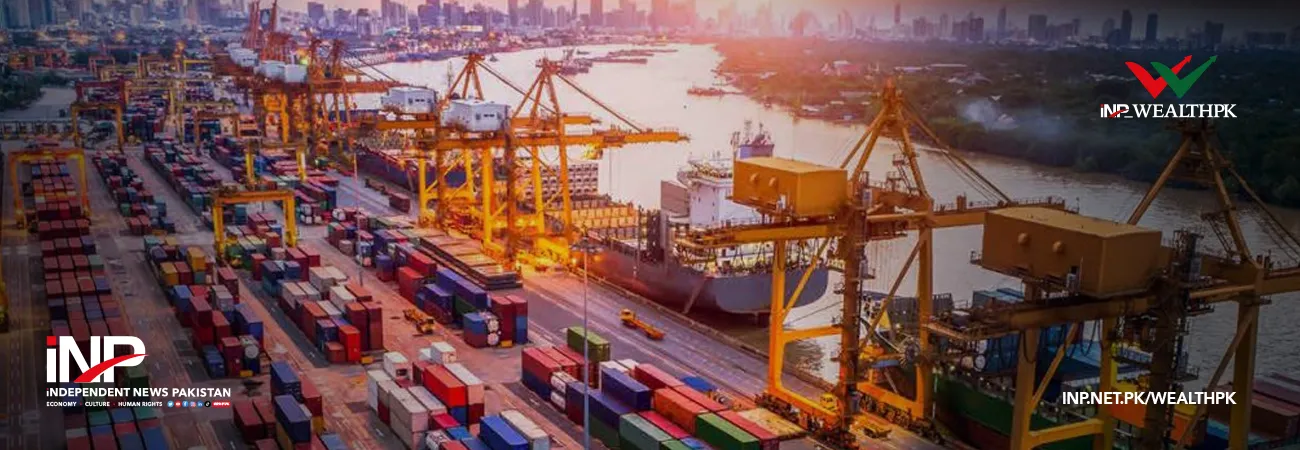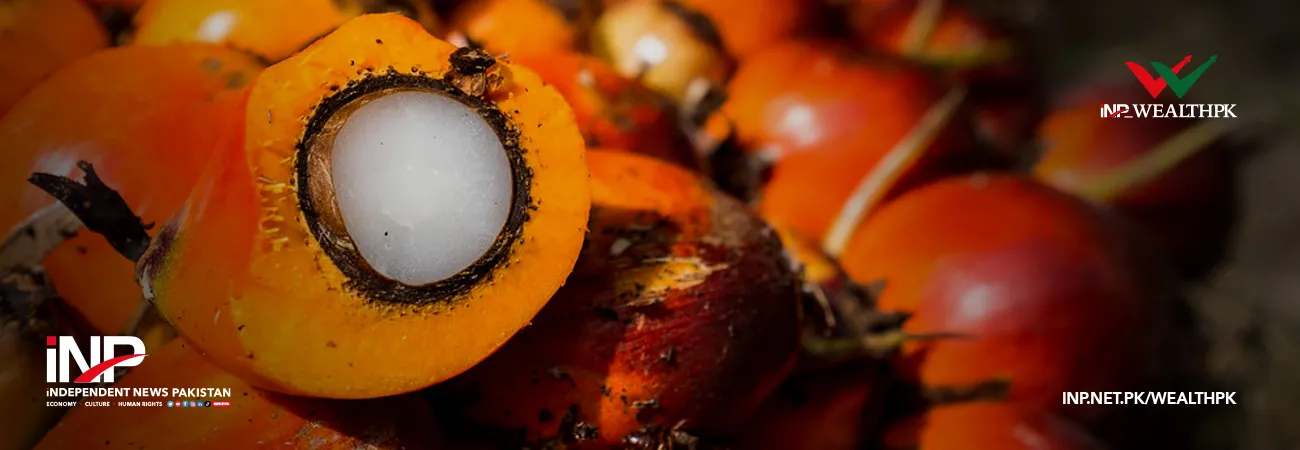INP-WealthPk
Faiza Tehseen
Pakistan can generate billions and protect the environment by turning waste into a profitable resource through recycling and waste-to-energy projects, said Kashif Noor Khawaja, an environmental specialist at the World Bank, in an exclusive talk with WealthPK.
“Transforming waste into a valuable product through composting, recycling, and waste-to-energy technologies is emerging as a powerful economic sector. The growing number of public-private initiatives is not only addressing waste management systems but also driving the green economy. Sustainable waste management is no longer a choice but a necessity,” he said.
He noted that with the right infrastructure, public awareness, and community engagement, Pakistan can tap into a multibillion-dollar circular economy. Sustainable waste management is reshaping the global economic and environmental landscape. Waste is not just a liability, but a resource. For example, organic waste separated for composting becomes an eco-friendly fertilizer, and various communities, including farmers, are benefiting financially from it.
“Sustainable waste management is crucial because unregulated waste disposal — including medical, plastic, and electronic waste — significantly pollutes land, air, and water. The widespread dumping of waste in open areas and water bodies not only contributes to greenhouse gas emissions but also poses serious health risks. Poor waste management directly affects the environment, air quality, food chains, and overall public health.
“With global trends shifting toward environmental, social, and governance (ESG) compliance, Pakistani companies that adopt green practices can more easily attract both domestic and international investment. Sustainable waste management is not just an environmental obligation, but a gateway to economic resilience,” he said.
“To encourage investors, policy reforms and tax incentives for recycling plants and green businesses are essential. The economic and environmental potential of sustainable waste management must be protected through proper legislation. It is a critical issue, but progress will only be possible with transparent implementation and effective monitoring,” added Kashif Noor.
Speaking to WealthPK about the importance of sustainable waste management in addressing environmental challenges and generating profit, Mussawir Qureshi, an environmental health and safety specialist at the Sindh Local Government Solid Waste Management Department in Karachi, said, “With rising emissions and pollution, global attention has now shifted to circular economic models. Transitioning to a circular economy through waste utilization reduces resource consumption and keeps materials and products in the value chain for as long as possible.”
He said that shifting to a circular economy requires reorganizing solid waste management systems, which can be made more effective by promoting the reuse and recycling of waste, launching waste-to-energy projects, and requiring manufacturers to produce long-lasting goods.
“To reduce the growing piles of solid waste, recycling is one of the most effective solutions. It helps preserve natural resources and encourages the reintegration of materials into the value chain. Pakistan is lagging in waste disposal due to insufficient recycling facilities,” he said.
He noted that China’s circular economy model is exemplary, as it maximizes the use of its growing solid waste. China is also working to increase its recycling capacity by 2030, and Pakistan can collaborate with it to develop a smart waste management system.
The waste management sector holds significant potential for sustainable livelihoods. Establishing recycling units and waste-to-energy (WTE) projects can create employment opportunities. Therefore, relevant authorities in Pakistan should prioritize developing a circular economic action plan, which would pave the way for real economic growth and environmental sustainability, added Mussawir Qureshi.
The global waste management market was valued at US$1,293.70 billion in 2022 and is projected to grow at a compound annual growth rate (CAGR) of 5.4% by 2030.
According to the International Trade Administration’s waste management update, Pakistan generates nearly 49.6 million tons of waste annually — a figure that presents a golden opportunity if managed systematically. Decision-makers should treat this matter with the urgency it deserves.
Credit: INP-WealthPk



